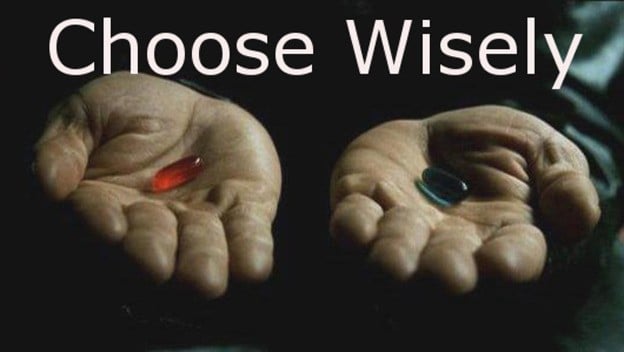The current iteration of the console wars has escalated to a point of unrivaled severity; no previous generation can hold a candle to the disparities of the two prime competitors, nor have we seen such fierce competition in the past. Beyond the famous (or infamous—depending on who you ask) PR jabs from Sony and Microsoft’s equally entertaining displays of gymnastics , we’re seeing social media and multimedia influences take the stage; network-subscription paywalls have been in the crosshairs from day one and have only gained momentum in recent months, and system-exclusive content is as rife with controversy as ever. Strangely, though, the notion of exclusive has ballooned beyond the typical assumption of a game only being available on a given platform and now extends to multiplatform releases as well.
We’re already seeing the effects of this multiplatform bickering, and for many titles that are still months away. Battlefield 4 , for example, has dubbed the Xbox One the more advantageous platform, as it will see the game’s Second Assault DLC first. Similarly, Call of Duty: Ghosts will launch with content unique to the Xbox One—content that PlayStation 4 players will only see some time later, if at all. On the other end of the spectrum, Sony has managed to secure a sizeable chunk of content for Ubisoft’s Watch_Dogs in the form of “60 minutes” of gameplay, presumably with character skins and missions in tow. And, of course, we’ve always got the time-honored tradition of pre-order opportunities: Microsoft’s European FIFA 14 push is spearheading the Xbox One, while Grand Theft Auto V is marrying the PlayStation 3 .
Fundamentally, there’s nothing wrong with system-exclusive content, even for multiplatform games. More often than not, it’s a harmless bell or whistle—a map here, a gun there—that exists solely to spawn bandwagoning, and therefore proves harmless. In the case of the PS4 and XOne, however, things have become a bit more problematic. In their interminable race to outwit and out-promote one another, Sony and Microsoft have drawn up a rather annoying plan of needless exclusivity that, while attempting to attain the benefits of proper exclusive software, skips the benefits altogether.
Divisive as they are, exclusive software releases and IPs—the Ratchet & Clank s, Mario s, and Halo s of the gaming world—are all too necessary. Without them, competition in the interactive-entertainment industry would quickly dwindle down to a monochromatic monopoly. The competitive urge inherent in a diverse market is what drives innovation, and that diversity can only be sustained by radically different competitors. If Nintendo were any less quirky, Sony any less colorful, or Microsoft any less ambitious, there’d be no reason to own more than one console. Consequently, there’d be no reason for more than one system to exist. Cutting exclusivity may be the cheaper option, but the inevitable loss of gaming variety would quickly undermine the short-term gain.
To some degree, this line of thinking can be used to defend the multiplatform shenanigans of MS and Sony. Unfortunately, the nature of multiplatform titles—you know, the prefix multi —eliminates the benefits of exclusivity. Instead of creating content that incentivizes consumers and adds true value to one system or the other, the aforementioned map packs and exclusive missions simply detract from the core game. Content that could (and should) otherwise be included in the full release of a game is now tacked onto a console, branded “exclusive content,” and pushed out the door.

This should sound familiar. It’s identical to the issue—rather, one of the many issues—afflicting the industry’s current DLC model: withholding content from a full release in favor of future expansions.
The silver lining here is that the content in question is usually so inconsequential that the game’s experience won’t be impacted to any noticeable degree. I won’t be crying myself to sleep over missing a map, nor will I run out and drop another three digits for a handful of in-game missions. However, this strategy could easily develop into a serious drawback for the next console cycle and rip more than minutiae from a game. Here’s hoping Sony and MS mellow out before it reaches that stage. But for now, let’s just enjoy the fireworks between the two.
